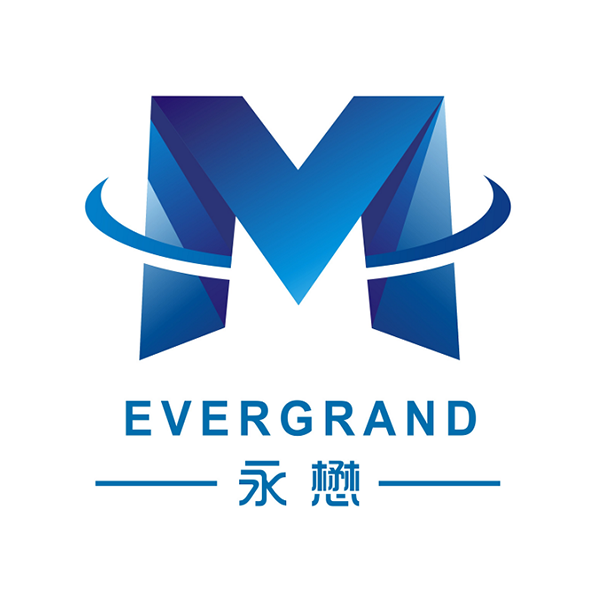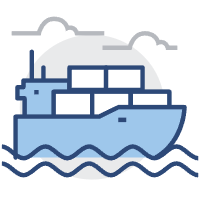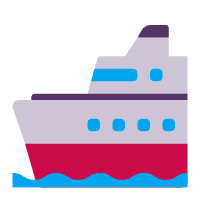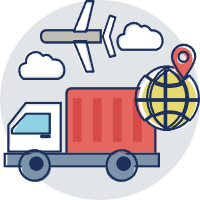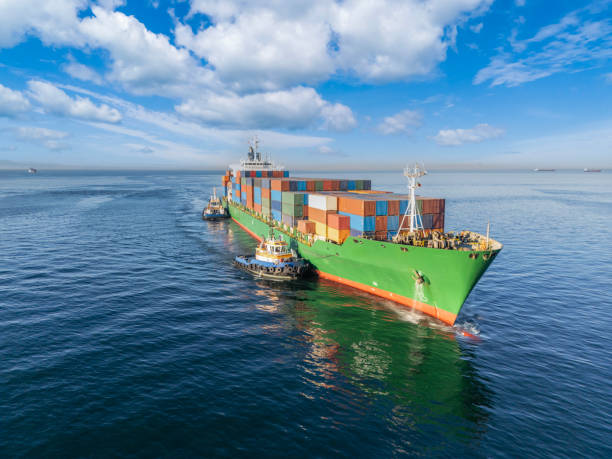
Introduction:
As global trade expands, businesses must choose the right logistics partners to ensure efficient and cost-effective supply chain management. Two of the most commonly used logistics solutions are freight forwarding and third-party logistics (3PL) providers. While both play a crucial role in shipping and distribution, they serve different purposes. Understanding the key differences between freight forwarding services and 3PL logistics providers can help businesses optimize their supply chain, reduce costs, and improve efficiency.
This article explores the distinctions between freight forwarders and 3PL companies, their advantages, and how to choose the right service for your business.
A freight forwarding company acts as an intermediary between businesses and transportation carriers. Their main role is to arrange and coordinate the shipment of goods, ensuring cargo moves smoothly across international and domestic routes. Freight forwarders do not own transportation assets like ships, planes, or trucks; instead, they use their expertise and networks to book space with carriers.
Key Services Provided by Freight Forwarders:
Booking freight transportation (air, sea, rail, or road)
Handling customs clearance and compliance
Consolidating shipments for cost savings
Providing freight forwarding tracking for real-time shipment visibility
Managing import/export documentation
Offering cargo insurance and risk management solutions
Freight forwarders are ideal for businesses that need expertise in international shipping, customs procedures, and cargo management.
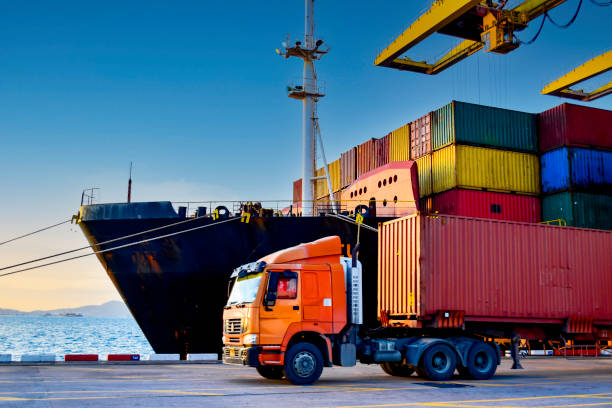
What is a 3PL Provider?
A third-party logistics (3PL) provider offers end-to-end logistics solutions that extend beyond freight transportation. They manage warehousing, distribution, inventory control, and fulfillment alongside transportation services. Many businesses rely on 3PL logistics services to streamline supply chain operations, reduce operational costs, and enhance order fulfillment.

Key Services Provided by 3PL Companies:
Freight transportation and management
Warehousing and inventory control
Order fulfillment and eCommerce logistics
Last-mile delivery and distribution
Supply chain analytics and optimization
Value-added services like packaging and labeling
3PL providers are best suited for companies looking to outsource full logistics operations, from storage to final-mile delivery.
Key Differences: Freight Forwarding vs. 3PL
| Feature | Freight Forwarding | 3PL Logistics |
|---|---|---|
| Main Role | Arranges and coordinates freight transportation | Manages the entire supply chain, including warehousing and distribution |
| Ownership of Assets | Does not own transportation or warehousing facilities | Often owns or operates warehouses, fleets, and fulfillment centers |
| Best for | Businesses needing international freight expertise and carrier coordination | Businesses looking for full supply chain outsourcing |
| Core Services | Booking cargo, customs clearance, freight tracking | Warehousing, fulfillment, inventory management, last-mile delivery |
| Supply Chain Scope | Focuses on shipment coordination | Handles full logistics operations |
Pros and Cons of Freight Forwarding vs. 3PL
Freight Forwarding: Pros & Cons
✔ Pro: Ideal for businesses handling international shipments and complex customs procedures
✔ Pro: Provides flexibility in choosing different carriers and routes
✔ Pro: Cost-effective for companies that only need freight transportation
✖ Con: Does not offer warehousing, fulfillment, or inventory management
✖ Con: Businesses must coordinate additional logistics services separately
3PL Logistics: Pros & Cons
✔ Pro: Manages the entire supply chain, including storage, distribution, and fulfillment
✔ Pro: Can scale with business growth and changing logistics needs
✔ Pro: Provides supply chain tracking and analytics to optimize efficiency
✖ Con: Less flexibility in carrier selection since many 3PLs use their own transport networks
✖ Con: May require long-term contracts and higher costs for integrated services
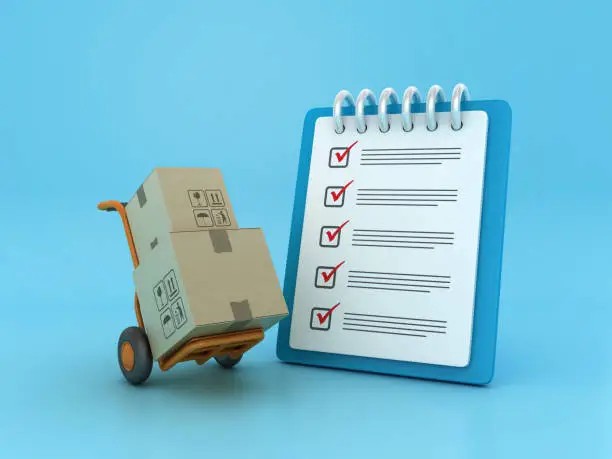
Which is Best for Your Business?
Choosing between freight forwarding services and 3PL logistics depends on your business needs:
If your priority is international shipping expertise, customs clearance, and cargo coordination, a freight forwarder is the best choice.
If you need a full-service logistics solution that includes warehousing, inventory management, and fulfillment, a 3PL provider is the better option.
For businesses that require both international freight forwarding and supply chain management, a hybrid approach using both services may be ideal.
Final Thoughts:
Both freight forwarders and 3PL logistics providers play a crucial role in global supply chains. Understanding their differences and how they align with your business goals is key to optimizing logistics operations. Whether you need freight forwarding tracking for international shipments or a 3PL partner for end-to-end logistics, selecting the right solution can enhance efficiency, reduce costs, and improve customer satisfaction.
If you’re looking for reliable freight forwarding companies or 3PL logistics services, choosing the right partner can make a significant impact on your supply chain performance.
